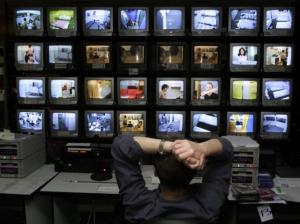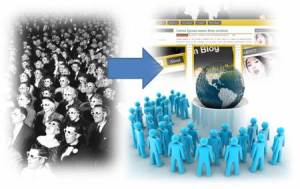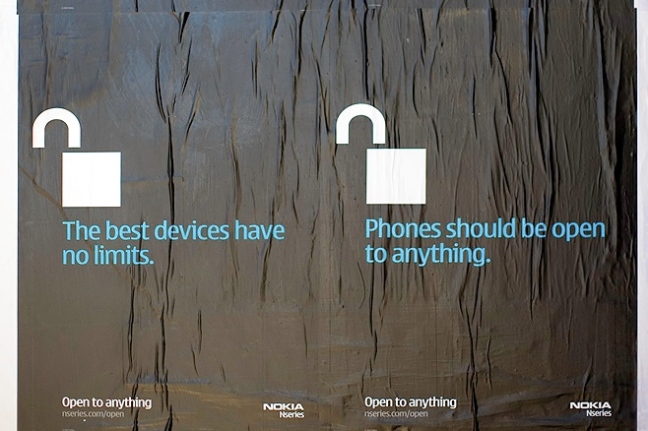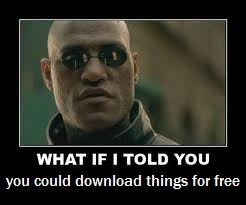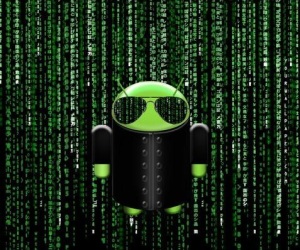Journalism is changing. Journalist traditionally considered ‘the gatekeepers of the public sphere‘ are now forced to work within a society in which gates no longer exist. There are literally billions of internet users all over the world, who all have the ability to produce, upload and share information globally every second of everyday without any restrictions.
Citizen Journalism is rising dramatically with more and more people producing content and more and more consumers turning to amateur journalists for their primary sources of information. Thanks to citizen journalism massive caches of previously hard-to-come-by or entirely secret information can be released into the public sphere. News is now a collective of information created by a mass of individual content creators. Take the ‘hacktivist’ group Anonymous for example they can be described as a community of users simultaneously existing as an anarchic, digitized global brain and together they are responsible for some of the biggest instances of information leaking ever seen on such a mass global scale.
There are some who say professional journalism and the printed media is a dying industry. Traditional media relies on the scarcity of information in order to sell it. In today’s society, however, scarcity of information is practically non-existent and consumers have the ability to pick and choose what information they want to find out about. Why would you pay for a bundle of news, when you can search the internet for niche news catered to you for free? The answer quality.
let’s face it there is a lot of useless information floating around in cyberspace, how are we as consumers supposed to distinguish between fact and fiction, truth and opinion, important information and nonsensical gibberish? This is where the future of professional journalism still stands. Everyday people still look to legitimate news producers to distinguish news from information. As the New York Times states its “All the news that’s fit to print“, so you see professional journalism still has an important role, this role, however, has changed.
It would be crazy to think that traditional forms of journalism, such as print media and television news networks, could compete with citizen journalism today. Its faster, citizens often producing first hand content literally moments after an event has occurred, well before news reporters even have a chance to get there. It’s cheaper, at practically zero entry costs more news content can be created than newspapers or news networks could even dream of producing. It’s easier to access, citizens can upload and share information all over the world, giving citizen journalist a greater reach, when it comes to audience, than any news media could hope to extend to. And it’s free.
The role of the journalist now is it not to produce information but rather to sort it. They have become curators not gatekeepers. “A curator-journalist makes sense of the chaotic digital publicity for an audience that suffers from an information overload. Curators find, digest, fact-check and repackage information that thousands of others have published on blogs and social media sites”. The future of professional journalism hasn’t died, it has merely evolved.










